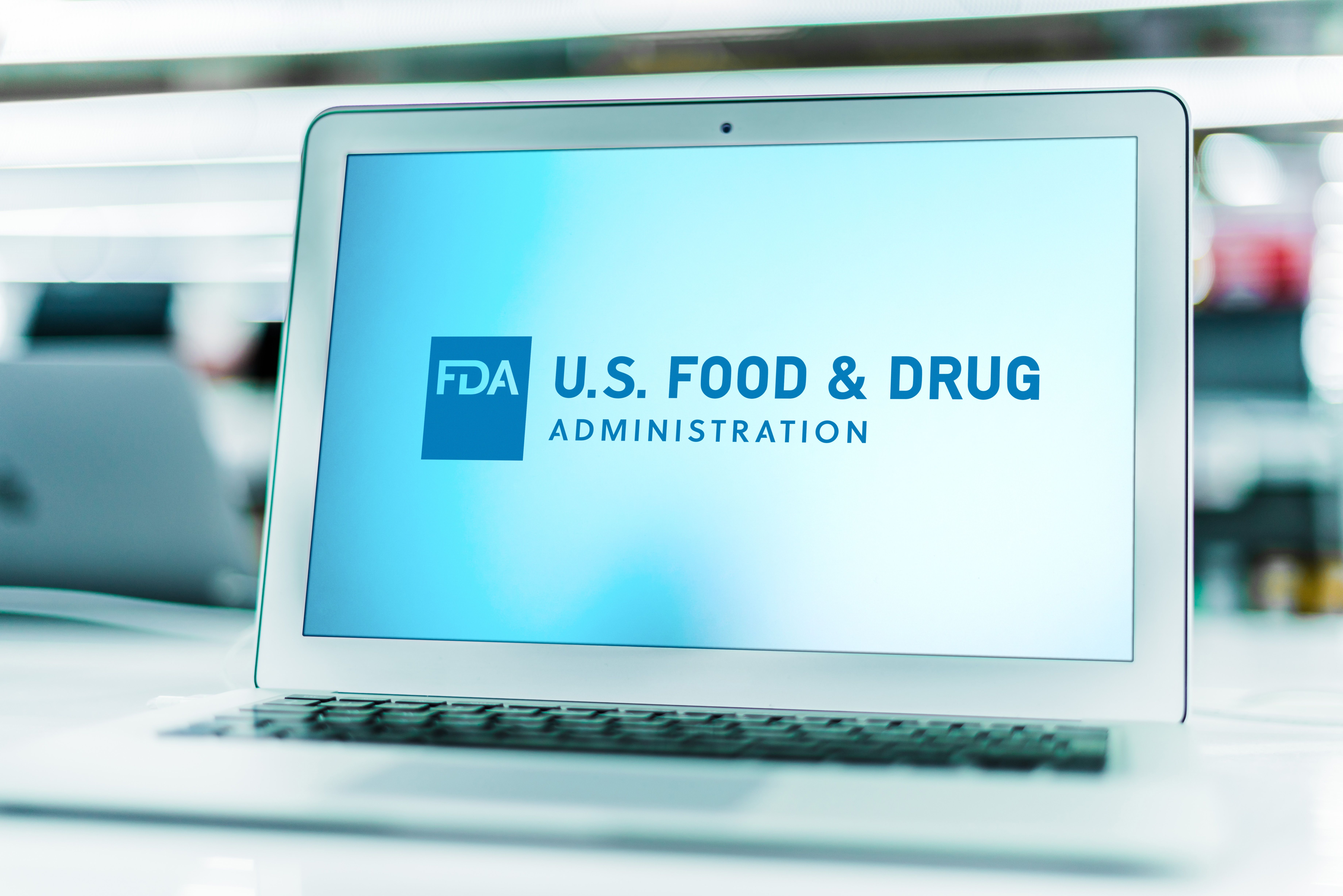FDA to phase out animal testing requirement for monoclonal antibodies and other drugs
This is a groundbreaking step toward advancing public health by using more effective and human-relevant methods instead of animal testing
The FDA announced that is going to be replacing animal testing in the development of monoclonal antibody therapies and other drugs with more effective and human-relevant methods. This move by the FDA is a "groundbreaking" step to advancing public health, and the new approach is designed to improve drug safety and accelerate the evaluation process but also reduce animal experimentation, research and develop costs (R&D), and eventually drug prices.
According to an organizational release, animal testing requirements will be reduced, refined, and possibly replaced by the FDA using different approaches. Some of the new approaches include artificial intelligence (AI)-base computational models of toxicity and cell lines and organoid toxicity testing in a laboratory setting, also known as New Approach Methodologies or NAMs data. The FDA will implement this new regimen immediately for investigational new drug applications, where NAMs data inclusion is encouraged, and it is outlined in a roadmap released by the FDA.2 The agency will also start to use pre-existing, real-world safety data from other countries that have comparable regulatory standards and the drug was already studied in humans to determine its efficacy.

“For too long, drug manufacturers have performed additional animal testing of drugs that have data in broad human use internationally. This initiative marks a paradigm shift in drug evaluation and holds promise to accelerate cures and meaningful treatments for Americans while reducing animal use,” said Martin A. Makary, MD, MPH, FDA commissioner, in the release.1
“By leveraging AI-based computational modeling, human organ model-based lab testing, and real-world human data, we can get safer treatments to patients faster and more reliably, while also reducing R&D costs and drug prices. It is a win-win for public health and ethics,” he continued.
According to the FDA, key benefits of replacing animal testing in monoclonal antibody safety evaluation include:1
- Advanced computer simulations
- This roadmap will encourage drug developers to leverage computer modeling and AI to predict drug behavior.
- Human-based lab models
- The FDA will promote the use of lab-grown human “organoids” and organ-on-a-chip systems that can mimic human organs to test drug safety. These types of experiments can reveal toxic effects that might go undetected in animals.
- Regulatory incentives
- The FDA is working to update its guidelines to allow consideration of data from the new methods. Companies can submit strong safety data from non-animal tests could potentially receive streamlined review as the need for certain animal studies is eliminated. This could incentivize investment in modernized testing platforms.
- Faster drug development
- Using modern techniques could also help the drug development process go by quicker and enables monoclonal antibody therapies to reach patients more quickly without compromising safety.
- Global leadership
- Through this move, the FDA is reaffirming its role as a global leader in modern regulatory science and setting new standards for the industry. The move also is encouraging the adoption of innovative and humane testing methods following years of Congress and the scientific community pushing for more human-relevant testing methods.
“For patients, it means a more efficient pipeline for novel treatments. It also means an added margin of safety, since human-based test systems may better predict real-world outcomes. For animal welfare, it represents a major step toward ending the use of laboratory animals in drug testing. Thousands of animals, including dogs and primates, could eventually be spared each year as these new methods take root,” Makary concluded.
To accelerate the validation and adoption of these methods, the FDA is working in partnership with other federal agencies, including the National Institutes of Health, the National Toxicology Program and the Department of Veterans Affairs, and through the Interagency Coordinating Committee on the Validation of Alternative Methods.1 The FDA and its federal partners will be hosting a public workshop later this year to gather stakeholders input on the implementation and discuss the roadmap.
The FDA also plans to launch a pilot program allowing select monoclonal antibody developers to use primarily non-animal-based testing strategies under close consultation from its agency. The findings from an accompanying pilot study will inform broader policy changes and guidance updates, all of which are expected to roll out in phases.
References
- FDA Announces Plan to Phase Out Animal Testing Requirement for Monoclonal Antibodies and Other Drugs. News release. US Food and Drug Administration. April 10, 2025. Accessed April 17, 2025. https://www.fda.gov/news-events/press-announcements/fda-announces-plan-phase-out-animal-testing-requirement-monoclonal-antibodies-and-other-drugs
- Roadmap to reducing animal testing in preclinical safety studies. US Food and Drug Administration. April 10, 2025. Accessed April 17, 2025. https://www.fda.gov/media/186092/download?attachment.